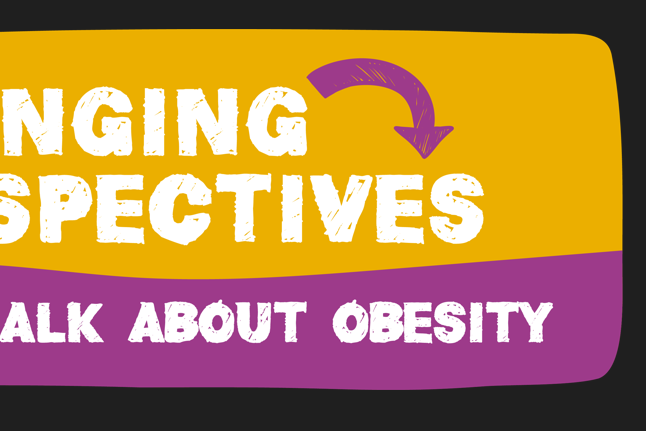World obesity day 2023: Theme for this year is ‘Changing Perspectives: Let’s Talk About Obesity,’ according to the World Obesity Federation (World Obesity), a global organisation devoted solely to obesity.
World Obesity Day is celebrated to promote practical solutions to assist people in achieving and maintaining a healthy weight, receiving proper treatment, and reversing the obesity epidemic.
The theme for ‘World Obesity Day 2023’ is ‘Changing Perspectives: Let’s Talk About Obesity,’ according to the World Obesity Federation (World Obesity), a global organisation devoted solely to obesity. This year’s theme was given with a goal of changing perspectives on obesity: correcting misconceptions, ending stigmas, and getting everyone to make the decision to shift from single points of view to shared strategies.
The day was first observed in 2015 as an annual campaign with the goal of encouraging and supporting practical actions that will assist people in achieving and maintaining a healthy weight, as well as reversing the global obesity crisis.
What is obesity?
Obesity is a medical condition described as excess body weight in the form of fat. When this fat builds up, it can cause serious health problems. According to the World Health Organization (WHO), a body mass index (BMI) of 25 or higher is considered overweight, and a BMI of 30 or higher is considered obese.
How did obesity become a global threat?
– Obesity is basically caused by an imbalance of calories consumed and calories expended. Consumption of energy-dense foods high in fat and free sugars has increased as global diets have changed in recent decades.
– Physical activity has also decreased as a result of the changing nature of many types of work, increased access to transportation, and increased urbanisation.
-According to the global burden of disease, the issue has reached epidemic proportions, with over 4 million people dying each year as a result of being overweight or obese in 2017.
– Between 1975 and 2016, the global prevalence of overweight or obese children and adolescents aged 5 to 19 years increased more than fourfold, from 4% to 18%, according to WHO’s data.
– The vast majority of overweight or obese children are found in developing countries, where the rate of increase is more than 30% higher than in developed countries.
Risks of Obesity
– Obesity and being overweight are major risk factors for a variety of chronic diseases, including cardiovascular diseases like heart disease and stroke, which are the leading causes of death worldwide.
– Obesity can also lead to diabetes and its complications, such as blindness, limb amputations, and the need for dialysis.
– Excess weight can cause musculoskeletal disorders such as osteoarthritis.
– Obesity has also been linked to cancers such as endometrial, breast, ovarian, prostate, liver, gallbladder, kidney, and colon. Even if a person is only slightly overweight, the risk of these noncommunicable diseases increases and becomes more serious as the body mass index (BMI) rises.
What can be done to prevent obesity?
– Reduce the number of calories consumed from fats and sugars, increase the portion of daily intake of fruit, vegetables, legumes, whole grains, and nuts, and engage in regular physical activity to reduce the risk of overweight and obesity (60 minutes per day for children and 150 minutes per week for adults).
– Exclusive breastfeeding from birth to 6 months of age has been shown in studies to reduce the risk of infants becoming overweight or obese.
Author: Lingamgunta Nirmitha Rao
Date: Updated on Mar 04, 2023 01:09 PM IST
Nutrigenomics Institute is not responsible for the comments and opinions included in this article






